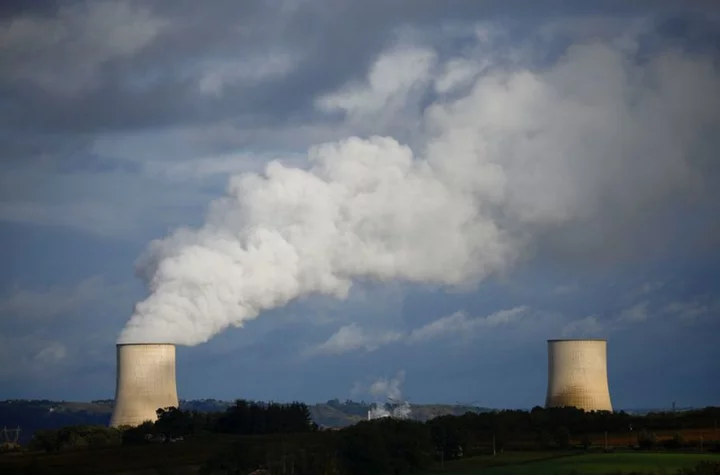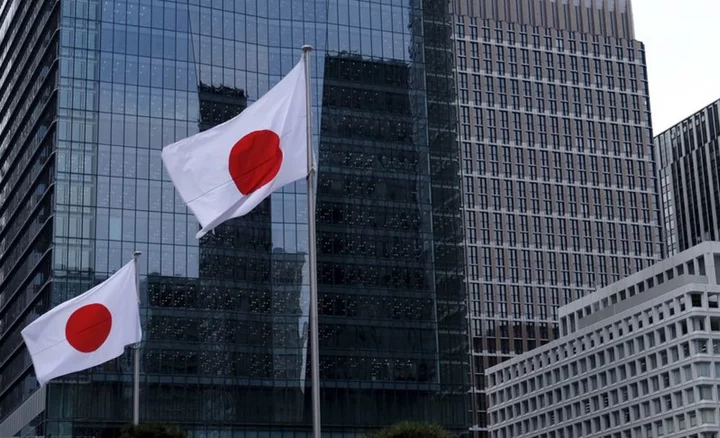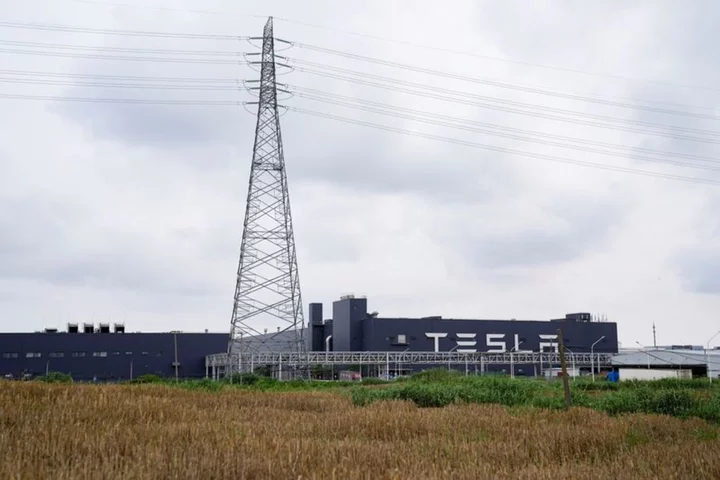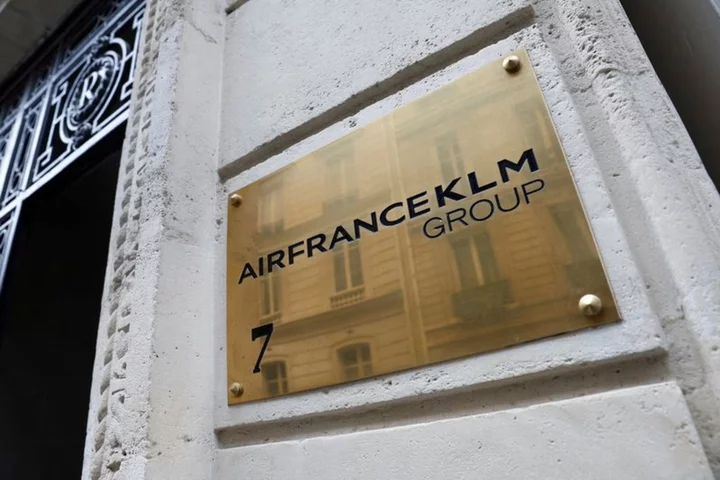By Nell Mackenzie
LONDON Asset manager NZ funds has made a 300% return on its bet that the price of uranium would benefit from supply shortages arising from growing geopolitical tensions between the U.S., Russia and China and from a global push to ditch fossil fuels.
In a message to Reuters on Wednesday, NZ Funds, which manages $2.1 billion, said the returns stemmed from a series of trades put on in 2021, when it bought options to buy uranium at between $38.50 and $48.00 at various points up to early 2024.
In November, the price of spot uranium, which does not trade on any financial exchange, reached $80 a pound, its highest in over a decade, according to data from Numerico.
Uranium is a key input in the production of nuclear energy.
NZ Funds said the rise in the uranium price in this time had boosted the returns of its existing options positions by as much as 362% so far.
The fund said it worked with hedge fund advisor Syzygy, who came up with the idea for the trade and structured it, which was then executed by Goldman Sachs.
"The drive for an energy transition has increased positive sentiment towards nuclear energy. Many key countries in the world are adopting new legislation to incentivise nuclear energy development, but also secure future uranium supplies," William Callanan, chief investment officer and founder of Syzygy, said.
Technological advances in the wake of the Fukushima nuclear disaster in Japan in 2011, combined with the energy crisis stemming from war in Ukraine, have renewed interest in nuclear power, particularly in the United States, which is seeking to reshore many of its commodities supply chains.
In July, the U.S. Senate voted to create a Nuclear Fuel Security Program to bolster domestic supplies of enriched uranium and wean the country off imports.
"This cycle, the demand story, is especially compelling, not only because of utility restocking requirements, but also the massive financial interest that has come from exchange traded funds purchasing physical uranium," said Callanan, the author of the trade, which he said was the first of its kind.
The Global X Uranium ETF, which gives investors exposure to uranium-related shares, for example, has risen 42% this year.
"NZ Funds have the in-house infrastructure and investment team, along with world-class expertise from our partners at Syzygy to support these types of investments," said Mark Brooks, senior portfolio manager at NZ Funds.
Uranium production peaked in the United States in 1980, meaning that since the 1990s, the U.S. has largely been an importer, according the U.S. Energy Information Administration (EIA). In 2022, it received the majority of its uranium from Canada and Kazakhstan, as well as Russia and Uzbekistan, according to the EIA.
Nuclear energy is responsible for 10% of the world's power generation, EIA website statistics show.
Goldman Sachs did not immediately respond to a request for comment when contacted by Reuters.
(Reporting by Nell Mackenzie; Editing by Amanda Cooper and David Evans)









